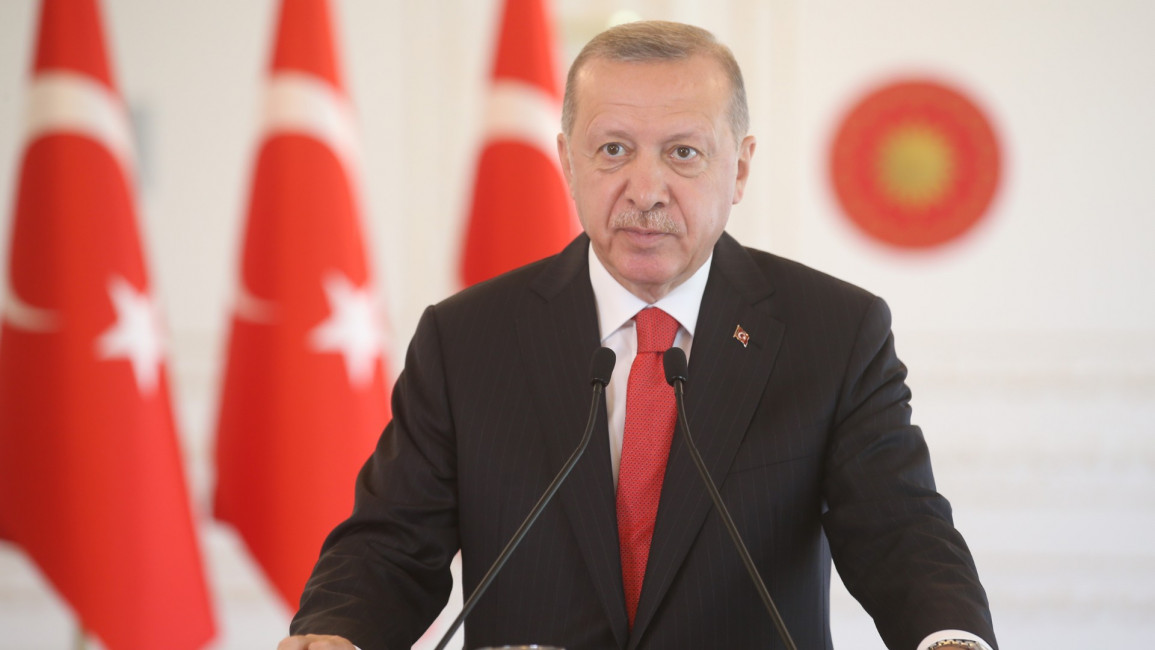Turkey parliament passes controversial social media bill to regulate online content
The Turkish parliament on Wednesday passed a bill granting domestic authorities more control over social media, in a move which has been criticised by human rights groups over issues of censorship.
The bill, which was backed by President Tayyip Erdogan's ruling party and debated by the assembly on Tuesday, requires foreign social media sites to appoint local officials to address the government's concerns with material posted online and expediting the removal process.
If they fail to comply, the companies could have their advertisements and bandwidth blocked by up to 90 percent, blocking almost all of the access by users.
Turkey has already charged some people who have criticised the president or his cabinet online, but the bill could further those efforts by silencing dissidents voices on the international platforms Human Rights Watch has said.
Twitter Post
|
"If passed, the new law will enable the government to control social media, to get content removed at will, and to arbitrarily target individual users," said Tom Porteous, deputy programme director at Human Rights Watch, ahead of the bill's ratification.
"It is essential for everyone who values and champions free speech to recognise how damaging these new restrictions will be in a country where an autocracy is being constructed by silencing media and all critical voices. Social media companies should loudly and unequivocally call on Turkey to drop this law, and the EU should resolutely back this call."
Presidential spokesman Ibrahim Kalin denied these allegations, and said the new law would augment commercial and legal ties with international companies working in Turkey.
Erdogan first floated the bill in April and has repeatedly slammed social media for facilitating "immoral acts" online touting regulation as a solution.
Since a coup attempt in 2016, the majority of Turkish media is now more aligned with Ankara's policies, with many Turks turning to smaller online outlets for more critical coverage of the government.
Follow us on Facebook, Twitter and Instagram to stay connected



